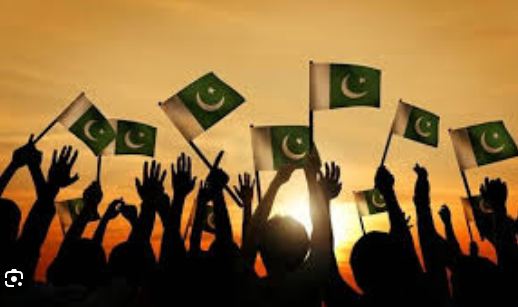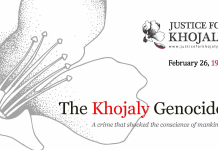As tensions between Pakistan and India escalate once again, the country finds itself at a critical crossroads. These are not ordinary times. The threat of conflict demands a united national front, transcending party lines and political affiliations. Yet, disconcertingly, mainstream political parties have remained largely silent on this pressing issue. The Pakistan Muslim League-Nawaz (PML-N), currently the ruling party, has not publicly articulated its position on the matter. Similarly, the Pakistan Tehreek-e-Insaf (PTI), despite having a significant public following, has not issued any official party statement either. What we are witnessing instead are scattered, individual comments — a troubling sign of disunity at a time when clarity and cohesion are vital.
This lack of an institutional response reflects deeper problems within our political culture. When a nation stands on the brink of external conflict, the minimum expectation is a show of national solidarity. But such unity cannot be built on one-sided political repression or selective justice. If the government expects national cohesion, it must also demonstrate political fairness. This is not a time for political victimisation.
The Supreme Court’s recent decision to allow civilian trials in military courts has further complicated the situation. While legal arguments may justify the ruling in principle, the timing is highly problematic. Sending civilians to military trials — at a time when the country needs to rally together — is not a message that encourages democratic strength or civil trust. In fact, it has sent a chilling signal to many who view it as an attempt to suppress dissent under the guise of national security.
If the government truly wishes to secure Pakistan’s internal stability, it must create a free and fair political environment — one where all parties, including PTI and others, can engage in political activity without fear or restriction. Suppressing political rivals in the name of law and order will not contribute to national unity; it will only deepen divisions and fuel public frustration.
In his address to the National Assembly on May 9, 2025, Maulana Fazlur Rehman rightly asked, “The nation wants to know how much damage has been caused to India.” His statement reflects a sentiment widely shared by the public: the desire for transparency, accountability, and most importantly, unity. He also emphasized that internal unrest must come to an end so that our armed forces can focus fully on external threats. It is a reminder that internal discord only weakens our external resolve.
It is high time our political leadership — across the spectrum — recognizes the gravity of the moment. There is a looming threat, and the people of Pakistan deserve responsible, united leadership. This is the moment to rise above short-term political games and present a collective front, both to our citizens and to the world. Pakistan needs unity — but that unity must be built on justice, fairness, and political freedom. Anything less will only lead us further down the path of uncertainty.

















